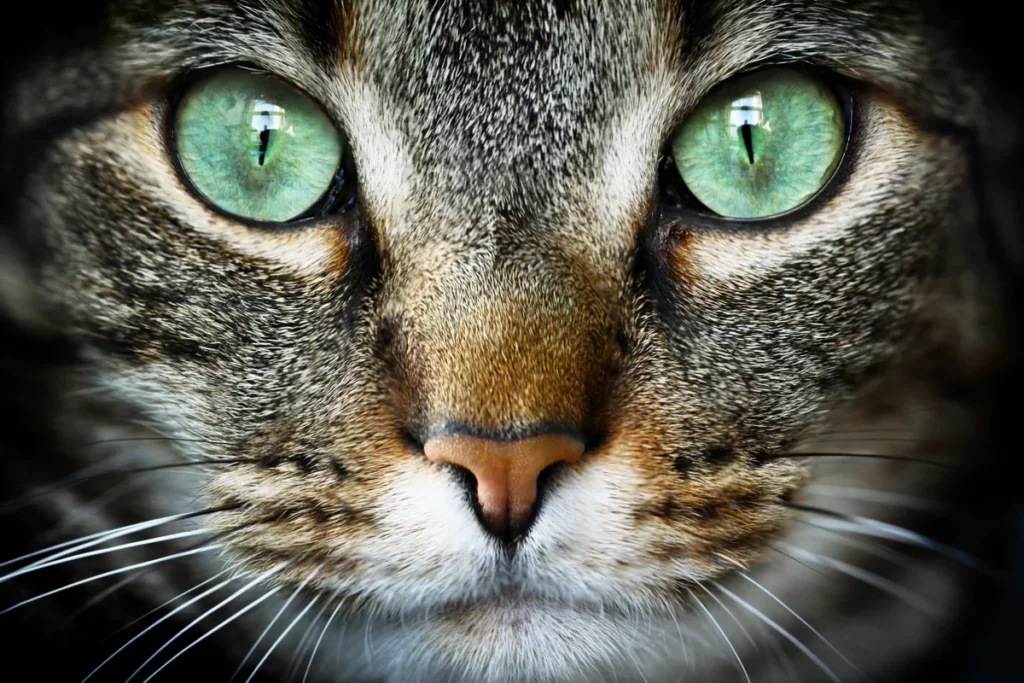Unveiling the Hidden Threat: Pancreatitis in Finicky Feline Eaters
Unveiling the Hidden Threat: Pancreatitis in Finicky Feline Eaters
Is Your Finicky Eater Suffering From Pancreatitis?
Pet owners often overlook subtle signs of health issues in their cats, attributing changes in behavior to normal feline quirks. However, it’s essential to pay attention to your furry friend’s well-being, especially when it comes to potential disorders like pancreatitis. Unlike in dogs, feline pancreatitis can manifest in more discreet ways, making it challenging to detect. Studies show that up to 70% of cats may have pancreatitis upon autopsy.
Decoding Pancreatitis in Cats
Pancreatitis is the inflammation of the pancreas, a vital organ responsible for both endocrine and exocrine functions in your cat’s body. While the root causes of this condition remain elusive, there’s a consensus among functional medicine veterinarians that biologically inappropriate diets significantly contribute to its development.
Recognizing the Signs
Identifying pancreatitis in cats can be tricky due to its subtle symptoms. Look out for lethargy, lack of appetite, and weight changes, as these could indicate an issue with your cat’s pancreas. Unlike dogs, vomiting and abdominal pain are less common signs in cats, making it crucial for pet owners to stay vigilant and seek veterinary attention for any noticeable changes in behavior.
Unveiling the Culprit: Dietary Choices
The transition from a natural, prey-based diet to highly processed, carb-heavy cat food may be a key factor in the rise of pancreatitis and other diet-related diseases over the last century. Most commercial cat foods lack the essential nutrients found in a cat’s evolutionary diet, leading to various health problems, including pancreatitis.
The Carbivore Conundrum
Cats, historically obligate carnivores, have been thrust into a new dietary paradigm with the advent of commercial cat food. The shift from fresh, real meat to highly processed kibble loaded with starches has strained their metabolic machinery. This drastic change has led to the development of pancreatitis, as the feline pancreas struggles to adapt to an influx of carbohydrates.
A Call for Change
To combat pancreatitis and promote overall feline health, consider transitioning your cat to a moisture-rich, carb-free diet, starting with canned food and progressing to gently cooked or raw options. This dietary shift, coupled with digestive enzyme supplementation, can aid in preventing future episodes and supporting your cat’s well-being.
A Holistic Approach to Treatment
Diagnosing pancreatitis in cats often involves a battery of tests, including the feline pancreatic lipase immunoreactivity (fPLI) test. Treatment strategies focus on stabilizing the cat during the crisis phase, which may involve hospitalization, intravenous fluids, and supportive medications. Supplementing the diet with digestive enzymes, probiotics, and a high-quality, species-appropriate diet can help prevent recurring episodes.
Exocrine Pancreatic Insufficiency (EPI): A Lesser-Known Concern
While pancreatitis takes the spotlight, it’s essential to be aware of its potential aftermath – exocrine pancreatic insufficiency (EPI). Emerging research suggests a link between pancreatitis and EPI, emphasizing the need for vigilance in diagnosing and treating both conditions.
Conclusion
Understanding the nuances of pancreatitis in finicky feline eaters is crucial for early detection and prevention. By reassessing your cat’s diet, opting for biologically appropriate options, and incorporating holistic treatments, you can champion your cat’s health and well-being. Stay attuned to your feline friend’s subtle cues, and together, let’s create a healthier, happier life for our beloved pets.

